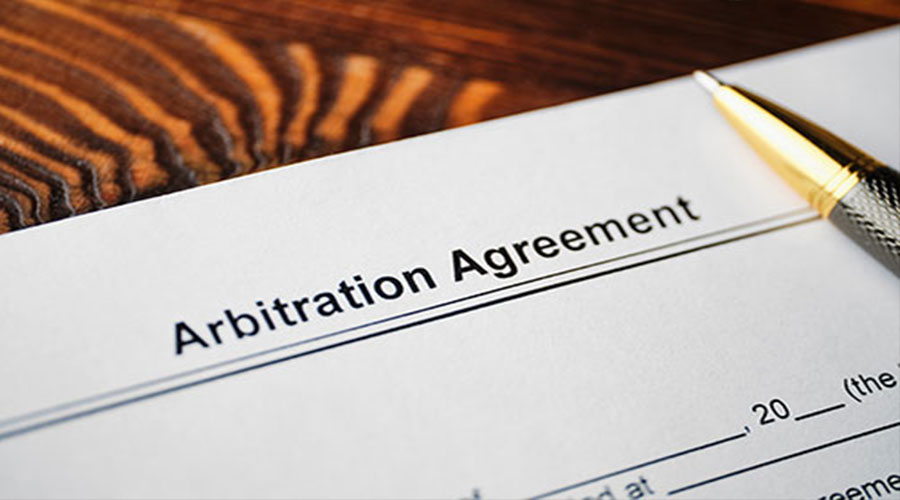Introduction to Arbitration in the UAE
The long anticipated Federal Law No. 6 of 2018, (“the Arbitration Law”) came into effect in 2018. Broadly based on the UNCITRAL Modern Law, the enactment of the Arbitration Law undoubtedly aligns arbitration in the UAE with the world wide practice and well established procedures adopted by 117 jurisdictions.
With the introduction of the Arbitration Law, Articles 203 – 218 of the Federal Law No. 11 of 1992, the UAE Civil Procedure Code (“CPC”) stands repealed.
The Arbitration Law extends to:
- Any arbitration seated in the UAE, unless the Parties have agreed that another law apply, provided there is no conflict with the public order and morality of the State.
- Any international commercial arbitration seated outside the UAE, provided the Parties have chosen the Arbitration Law to apply.
- Any arbitration arising from a dispute governed by UAE law.
Consequently, the Arbitration Law does not apply to DIFC, ADGM and Financial Free zones in the UAE since they have their own rules and laws governing such jurisdictions.
Formal requirements of the Arbitration Agreement
The Arbitration Agreement must be:
- In writing, it includes incorporation of the arbitration agreement by reference to any other document containing an arbitration clause;
- Signed by an authorised representatives, (in UAE it would usually be the General Manager/ person authorised by the General Manager) in cases where a party is a Company. This is crucial as the authority of the signatory is a ground to challenge the arbitral award.
Appointment of Arbitrators
Under the Arbitration Law, the default number of arbitrators is three (03). Further, keeping in line with the international practice, Article 10 requires a potential arbitrator to disclose in writing anything which relates to their possible independence and/or impartiality.
The Tribunal is empowered to rule on its own jurisdiction. Any objection to jurisdiction must be raised within fifteen (15) days and the Court must then decide the matter within thirty (30) days.
The Arbitration Process
The Arbitration Law applies to all ongoing arbitrations. That said, it would affect any arbitrations that are already under way since (a) Article 23(1) provides that parties may agree on the procedures to be followed by the Arbitral Tribunal, including making these procedures subject to the effective rules in any arbitration institution (b) it confirms the continued applicability of certain provisions from the now superseded CPC including that the law must not conflict with notions of public order or morals (Article 2(1)).
In order to ensure that Arbitration continues to provide for a fair and efficient method of dispute resolution, the Tribunal is empowered to decide the procedures for recording evidence, ensure that parties are given an equal opportunity to present their case.
There is no restriction on the venue selection and the Law also recognises modern methods of communication. This would imply that the Tribunal does have the power to hold physical hearings at any other place outside the UAE, as per the convenience of the parties. However, as far as possible, parties are always advised to retain UAE as the venue, in order to limit the grounds, however frivolous, available to award debtors to challenge the award at the stage of enforcement.
Further, while the Law provides for hearing to be held in private, Parties should beware that the Arbitration Law does not provide that the enforcement process in the local courts must be kept confidential.
It is pertinent to note that under Article 32(3), the Tribunal may choose to proceed with the arbitration where one party fails to comply with any agreed or ordered procedure. However, Article 25 may prevent a party, that does not object to a breach of the arbitration rules and procedures within seven days of becoming aware of the issue, from objecting later on.
Temporary orders/decisions
Articles 203-218 of the CPC, which earlier governed the arbitration regime in the UAE, were silent about the power of the Tribunal to issue interim orders. This resulted in parties having to go to the local courts, thereby causing further delay and in some cases, irreparable harm if the interim measures were urgently required to prevent a substantial loss to any party. The Arbitration Law, however, empowers the Tribunal to award interim measures which include orders to preserve evidence that may be considered material, to prevent damage or prejudice to the arbitration process, or ordering either party to abstain from doing anything that can damage or prejudice the arbitration. While a party can challenge interim orders passed by the Tribunal before the local courts, arbitration proceedings and the said interim orders are not suspended during the time the local courts take to render their final decision.
Further, under Article 39 the Tribunal may issue temporary decisions before the issue of the final award. These temporary decisions are enforceable before the local courts.
These inclusions are crucial to preserving evidence, compelling contractors to vacate work sites and even stop presenting bank guarantees. They also permit bifurcation of jurisdictional/admissibility issues from the merits of the case.
The Award
The award must be in writing and signed by the arbitrators and Article 41 permits arbitrators to sign electronically. In the interest for expeditious disposal, the Tribunal shall issue the arbitral award within six (06) months from the date of the first hearing, unless agreed otherwise.
The Tribunal is also empowered to correct clerical or mathematical errors in its award suo moto or at the request of a party which must be made within 30 days.
A step in the right direction
Every law develops further within implementation and judicial interpretation. The Arbitration Law paves the way for modern practices and brings the legislation in line with the best international practices which certainly would increase the confidence of parties in Arbitration as an effective method of dispute resolution, something which should be welcomed.

